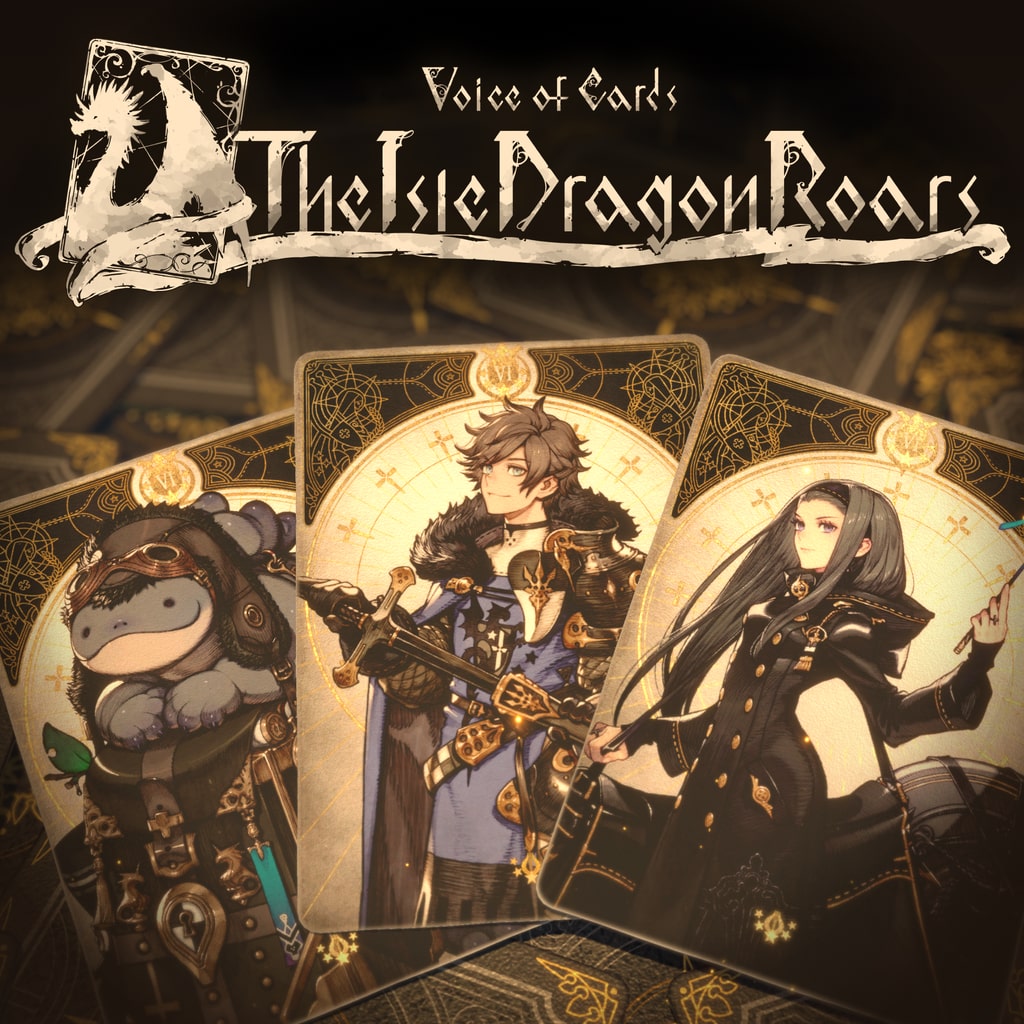Terranigma’s prologue is a masterclass in quiet devastation. You start in Crysta, a town sealed beneath the surface, where the music is just a little too mournful for a first town theme. The game lures you in with a mythic tale of Good vs. Evil gods, but the real hook is the slow realization that you're rebuilding Earth itself, our world, not a fantasy realm. That shift from cosmic legend to personal responsibility hits hard, especially when the hopeful tone begins to unravel into something soul-wrecking. Mother 3 pulls a similar trick, opening with Earthbound-style whimsy before Chapter 1 slams you into tragedy. The forest fire, the loss, the slow descent into fascist absurdity, it’s a tonal pivot that makes you realize this isn’t just quirky fun, it’s the most emotionally brutal RPG on the GBA. Castlevania: Symphony of the Night, on the other hand, grabs you with pure theatrical flair. You start as Richter Belmont, face off against Dracula in a fight you can’t lose, and then bam, you’re Alucard, Dracula’s son, sprinting into the castle like a gothic superhero. Death steals your gear, the narration hints at a missing hero, and suddenly you’re in a mystery layered with legacy. It’s iconic, even if you never played Rondo of Blood. Crash Bandicoot 1 keeps things simple but effective: no dialogue, just a lab escape and a beach landing that doubles as a subtle tutorial. It sets the tone for a lighthearted quest, but don’t be fooled, the platforming will test your patience. Each of these prologues doesn’t just introduce a game; they sell the emotional contract. Whether it’s sorrow, mystery, or chaos, they make sure you’re in it for the long haul.


